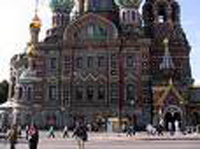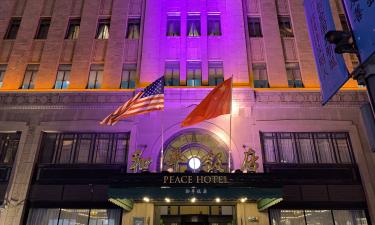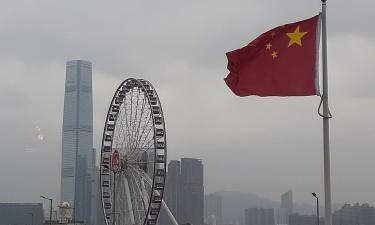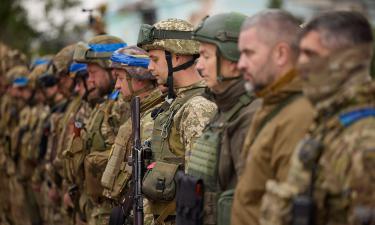G8: International agreements
Russia did not close its doors to any of the parties in the Middle east conflict. Through open dialogue, discussion and debate, the three basic principles of democracy, Russia’s chairmanship of the G8 Summit was able to produce a final agreement in the midst of the storm. Full marks to Vladimir Putin’s leadership and second to none diplomatic skills.

The third day of the G8 Summit focussed on the international scenario, with attention being focused on the explosive Middle East situation, Iran and the DPR Korea.
Lebanon
Russia stated that it is not opposed to sending international peace-keepers into the Lebanon, a solution posed earlier by UN Secretary-General Kofi Annan and British Prime Minister Tony Blair. Russia has plans to evacuate its 1,400 nationals from the Lebanon in the near future.
Iran
A common stance was possible on the Iranian nuclear question. Russian Presidential aide Sergei Prikhodko stated that “We have no differences over the details” regarding the issue, adding that the G8 leaders agree on stimulating Teheran’s response to and collaboration with the IAEA and the Iran-6 proposals (5 UNSC members plus Germany). There was no mention of sanctions during the talks.
DPR Korea
A separate statement may later be adopted on the decision by the Democratic People’s Republic of Korea to launch ballistic missile tests at the beginning of July
Bilateral relations
In a meeting with Japanese prime Minister Junichiro Koizumi, Vladimir Putin declared that both countries are working on improving bilateral relations and drawing up a peace treaty to definitively end the Second World War – a treaty has not been signed because of the four Kuril islands seized by the USSR.
Mikhail Saakashvili has asked for an informal meeting with Vladimir Putin this weekend parallel to the CIS Summit in Moscow, in an attempt to patch up strained bilateral relations.
Timothy BANCROFT-HINCHEY
PRAVDA.Ru
Subscribe to Pravda.Ru Telegram channel, Facebook, RSS!





